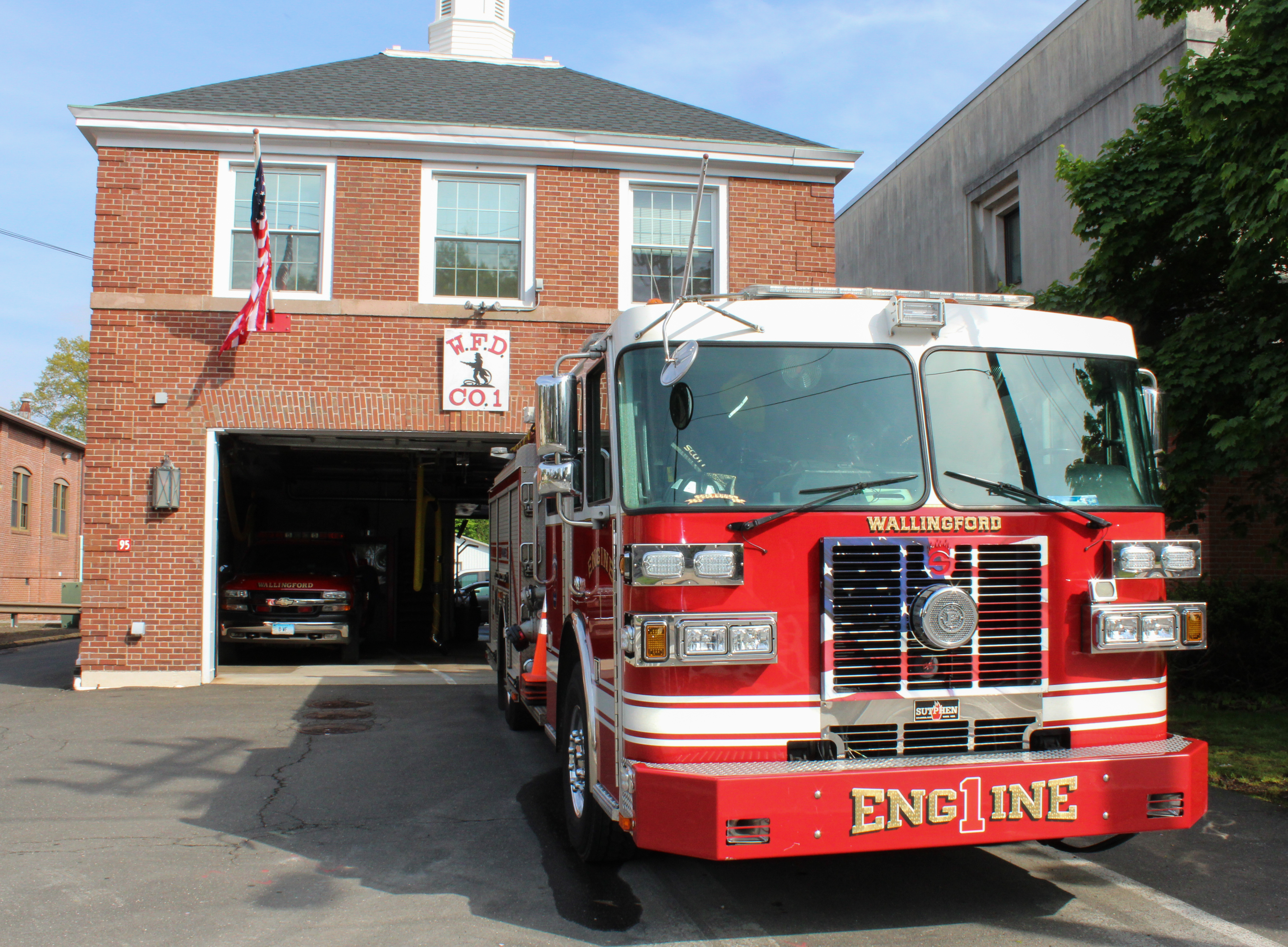Content disclaimer: This article discusses a change in Connecticut’s laws pertaining to the adult recreational use of cannabis. However, Choate’s policy regarding cannabis has not changed. According to Dean of Students Mr. Mike A. Velez ’00, “Since it is a major school rule, the Dean of Students Office would look into and discuss the situation before adjudicating the matter. Prior to the shift in school policy, cases involving drugs led to immediate dismissal. While dismissal is still an option for a disciplinary response, the definitive language around dismissal no longer exists,” he said.
On January 10, 2023, Connecticut’s adult-use cannabis market officially became legal. This means that adults 21 and above can now purchase and consume all cannabis products from nine licensed hybrid retailers.
Consumers will now only be able to buy 1/4 ounce of cannabis flower, while medical marijuana patients may purchase up to 5 ounces a month. According to the Department of Consumer Protection (DCP), these purchase limitations will continue to be reviewed over time, which will help maintain supply for both adult consumers and medical marijuana patients.
Despite this recent legalization, Wallingford has always pushed back on the use of recreational marijuana. On September 15, 2021, following a unanimous vote, Wallingford’s Planning and Zoning Commission banned the retail sale of recreational cannabis.
According to a statement by Dr. Gregory Shangold, President of the Connecticut State Medical Society, “We urge all Connecticut cities and towns to heed the harmful – even devastating effects – marijuana use will have on the state’s roads and our patient’s mental and physical health, and to follow the lead of Wallingford, put residents’ health first and enact measures that will discourage the use and sale of marijuana there.”
In response to the new change in legislation, DCP Commissioner Michelle H. Seagull issued the following statement: “We know that many people are excited to participate in this marketplace, whether as a business or a consumer, and we encourage adults who choose to purchase and consume these products to do so responsibly once sales begin on January 10.”
This legalization of cannabis purchase, however, will not be Connecticut’s first exposure to the substance. Possession of up to 1.5 oz of cannabis became legal in Connecticut on July 21, 2021, but it took 18 months to set up a properly regulated marketplace.
Sales will continue to expand over the coming months. Over 42 provisional licenses have been issued to a variety of marijuana businesses, including manufacturers, distributors, retailers, and delivery services. In total, almost 100 businesses “are somewhere in the licensing pipeline,” Seagull said.
This new industry took months of complex deliberation on part of the Social Equity Council, a group within the state government focused on ensuring that “the adult-use cannabis program is grown equitably” and that “funds from the adult-use cannabis program are brought back to the communities hit hardest by the ‘war on drugs.’” Some of the topics deliberated included adhering to legislation in order to provide accessibility and equitability for potential entrepreneurs. All the while, some applicants and members of the public have questioned the equity of the entire process, arguing that multi-state cannabis businesses had advantages over local start-ups.
As part of this new cannabis legalization, existing medical-use cultivators and retailers need to pay extensive fees to convert their operations. These fees feed into a roughly $50 million fund that will be reinvested in communities impacted by historically discriminatory federal drug policies. According to Ms. Andrea Comer, DCP Deputy Commissioner and Chair of the Social Equity Council, the council expects to work with these communities to determine the best possible use for these funds, but a timeline has yet to be established.
Another challenge in opening the cannabis market was meeting the law’s requirement of at least 250,000 square feet of licensed growing and manufacturing space, which ensures enough supply for all users. According to Seagull, this threshold has now been met.
As soon as sales begin, the DCP will monitor “how things play out” in the market should any shortages arise. “We’re going to be constantly evaluating, talking to the businesses, and monitoring the situation. Eventually, as more growers come on board, more retailers come on board, we expect to hit an equilibrium,” Seagull explained.

Graphic by Melody Qian’24/The Choate News




